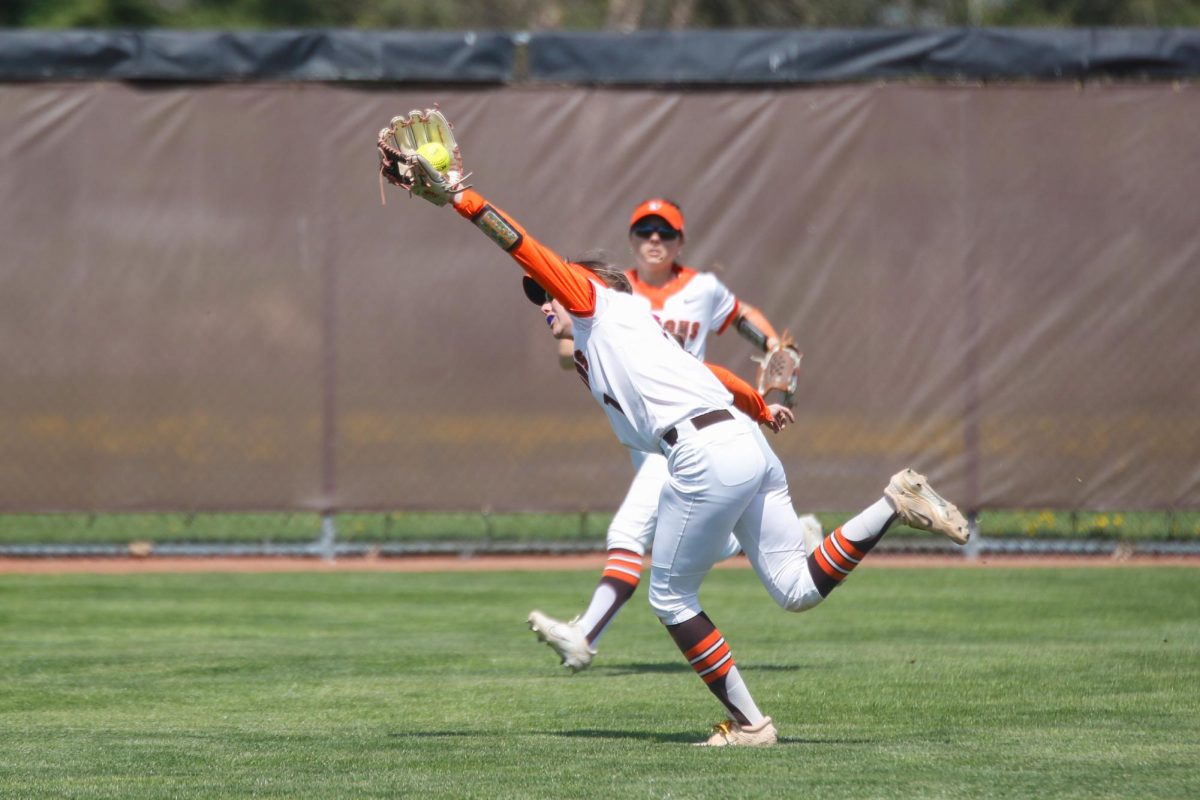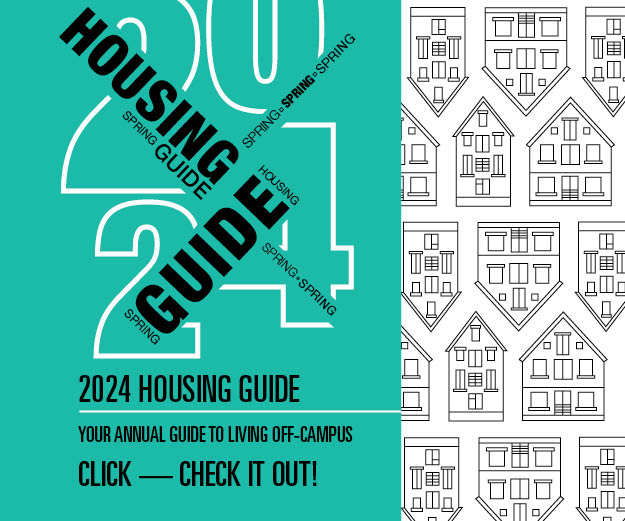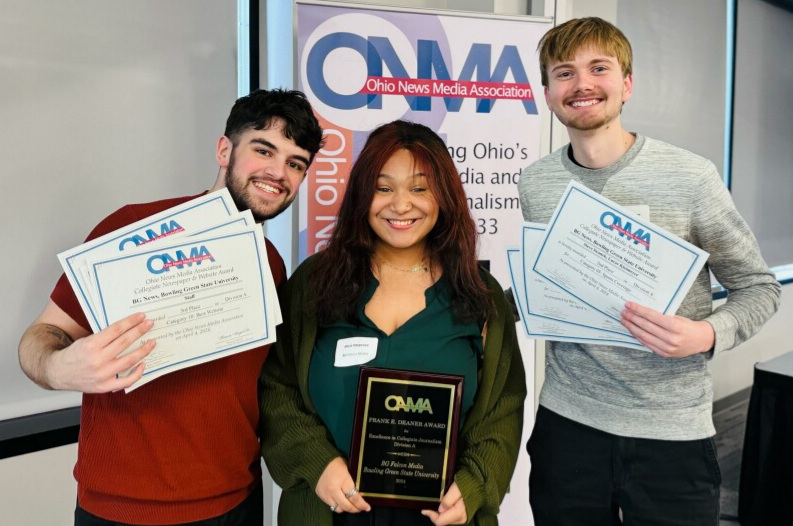As you probably heard, Saturday Night Live and Ghostbusters (2016) star Leslie Jones was recently subjected to a great number of racially motivated sexism on the Internet, primarily Twitter. While plenty of people stood up for the comedian, defending her and condemning the many “trolls”, a good majority of the world just sat back and watched, scrolling right past the countless amount of hate.
On one hand, it’s fantastic news that the primary aggravator in this harassment was caught and banned. On the other hand, this case only became as big as it did and received the results that it did because of Jones’ celebrity status.
So what is “trolling” anyway? The technical definition is “to (informally) post inflammatory or inappropriate messages or comments online for the purpose of upsetting other users and provoking a response,” according to dictionary.com. Yet, the term has evolved into a word that often times isn’t even taken as negative.
For example, a friend of mine recently used the term to describe her sending another friend inappropriate photos during a meeting to make her laugh, embarrassing her in front of her serious colleagues. In no way in that context does the term “trolling” seem harmful or something to be alarmed about. In fact, I would argue that in cases such as this, “trolling” comes off as a humorous term for pranking another person.
There’s no harm in pranking, right? It’s what we do to our siblings growing up when we place saran wrap over the toilet bowl and laugh when we hear them yell after a midnight trip to the restroom. Completely harmless, isn’t it?
With all of that being said, I believe that this is the reason why people don’t think twice when they hear about Internet trolling. In harmful cases such as Leslie Jones, and the hundreds of others that go through these kinds of bullying on a daily basis that go unnoticed, this isn’t some kind of joke that is to be laughed at.
Jones and so many other victims’ lives have been forever changed from this online bullying, something to not take lightly.
In a country built on freedom of speech, how exactly do we deal with these issues? Where do we draw the line in telling people when and where they can’t say what’s on their minds? Some say that the line only needs to be placed where Internet comments get life threatening. Others argue that any offensive comments need to be blocked from social media sites, blogs, etc.
While I strongly believe that being negative towards others on the Internet is both pointless and just plain mean, I do see both sides of the censoring debate. Who’s to tell people that they can express their opinions certain places and not others? It’s a blurry line to walk when it comes to this issue.
No matter where you may stand on the issue of Internet trolling, we, sadly, as a country typically tend to gloss right over it. I can’t tell you the amount of times that I scroll through Twitter throughout the week, see mean tweets and comments, and just keep scrolling. It’s almost as if we’ve been programmed to see hatefulness as a social norm, as if it’s something that is expected to happen when we sign up for a social media account.
Why is this? Have we become so numb to seeing all of the hatred in the world that we’ve become almost heartless? It’s something that I even think about when I see shootings and bombings and other wrong doings of the world. It’s almost as if hearing about the latest public shooting doesn’t register in our heads completely. We’re becoming so used to the hatred of the world that it often doesn’t feel like a big deal, when it should.
So let’s start noticing all of the hate in the world, and do our part to put a stop to it, even if it is just as simple as standing up for someone being bullied.
Reply to Sarah at
























